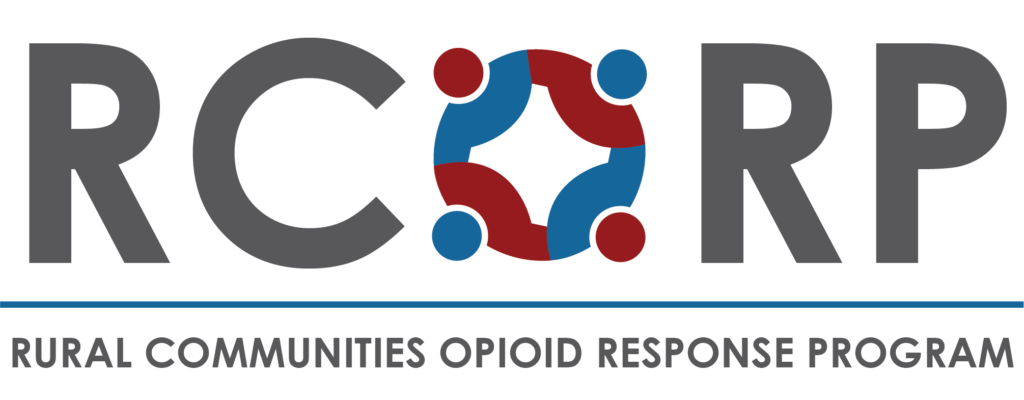Bridging the Gap: Telemedicine as a Path to Primary Care Pharmacotherapy for Opioid Use Disorder
In this webinar, Dr. Holly Russell and Michele Lawrence of UR Medicine Recovery Center of Excellence discuss telemedicine MOUD as a bridging strategy. They go through key questions involved in implementing a program, including how to plan and implement the use of a telemedicine “bridge,” and how to reach key populations with such a program. The bridge approach provides the community time to heal and develop trust, and also ensures physicians time to become trained in MOUD and build the necessary care management infrastructure into their practice for OUD treatment. Finally, the bridge connects patients with local access to the medication that is critical to their recovery and survival,
Cognitive-Behavioral Therapy for Treatment Seeking

This article and toolkit describes CBT for Treatment Seeking (CBT-TS). The program seeks to overcome barriers to engagement (i.e., treatment initiation and retention) including lack of information or negative beliefs about treatment. It aims to equip rural providers to help their patients identify negative or stigmatizing beliefs and see treatment from a different perspective. The associated toolkit includes a brochure for providers that summarizes what CBT-TS is, how it can help, evidence supporting its utility, and other ways this program can provide support. A brochure for patients that clinics, centers, and/or programs can share is also available upon request.
Critical Role of Peer Specialists in Recovery

This article summarizes the discussion about the important role of Peer Recovery Specialists during a breakout session at the 2022 Taking Action Summit.
“As jail liaison for Santa Cruz County Justice Court in Arizona, Martin Felix has seen what peer specialists can do. He recalled waking up with tubes in his body after an overdose put him in a coma for three days. He now recognizes that his own extraordinary recovery is what gives him the credibility to reach others and offer them hope. He believes the perspective and insight that come from lived experience are “the special sauce” that enables peer specialists to relate to other people with substance use disorder (SUD) and guide them to recovery.”

